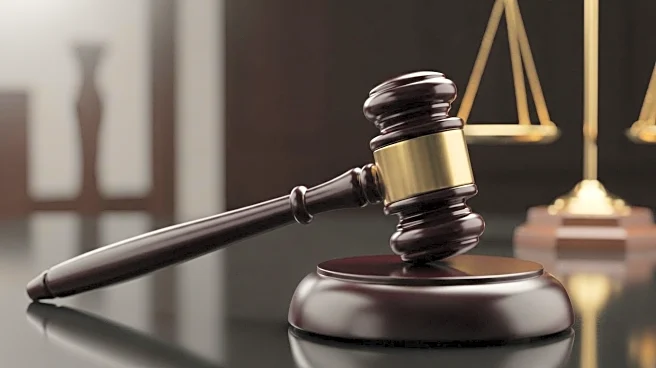What's Happening?
Ryan Routh, accused of attempting to assassinate President Trump, will represent himself in his upcoming trial in Florida. Federal Judge Aileen Cannon has warned Routh about his conduct during the trial, emphasizing the need for professional attire and cautioning against sudden movements. Routh has made unusual filings, including challenging President Trump to a golf match with high stakes. The trial will include evidence such as a disabled semi-automatic rifle and ammunition, with strict control by FBI agents. Jury selection is set to begin soon, with the trial expected to last four weeks.
Why It's Important?
The trial of Ryan Routh is significant due to its implications for national security and the legal system. Routh's decision to represent himself raises questions about the effectiveness of self-representation in serious criminal cases. The inclusion of firearms and ammunition as evidence highlights the gravity of the charges. The case also underscores the ongoing security concerns surrounding high-profile political figures. If convicted, Routh faces a potential life sentence, which could serve as a deterrent for similar threats against public officials.
What's Next?
Opening statements are scheduled to begin on September 11, following the selection of jurors. The trial will be closely monitored for any unusual behavior from Routh, who will have court-appointed lawyers available for advice. The proceedings may influence future cases involving threats to political figures, particularly regarding the handling of evidence and self-representation. The outcome could impact public perception of security measures for political leaders.








